Career Resources
PA Administrators
PAs in administration utilize leadership and management competencies above and beyond their clinical skill set to positively affect patient care; they are aspiring or current experts in the business of medicine, revenue cycle management, quality improvement, health information technology, and compliance. AAPA supports PA administrators by offering opportunities to acquire skills and knowledge.
Beyond Your Day Job: Career Advancement via Side Gigs
Join PA Shayne Foley, co-founder of The PA Blueprint, LLC, in this interactive webinar that explores side gigs for PAs. Attendees can earn 1.0 AAPA Category 1 CME credit.
Payer Reimbursement Policies for PAs
Explanation of third-party reimbursement for PAs.
An In-Depth Guide to PA Recruiting
Learn about the remarkable contributions that PAs make every day and gain insights into how you can recruit highly qualified PAs for your open positions. Read interviews from expert sources on what matters in PA recruitment.
PA Scope of Practice
PAs are proven and integral members of the U.S. healthcare system. But what exactly do PAs do? And who decides? The boundaries of each PA’s scope of practice are determined by these parameters: education and experience; state law; policies of employers and facilities, and the needs of the patients.

Founding Morehouse Program Director Highlights Health Disparities for People of Color
Pangela Dawson, PhD, MSPAS, PA-C, assistant dean at Morehouse School of Medicine, talks about her career journey and how COVID-19 has highlighted health disparities in Black patients. She also offers advice for bringing more visibility and leadership opportunities to minority women.
PA Practice Resources
It is important to understand training, competencies, and the scope of practice of PAs. Knowledge of PA practice can optimize patient care while maintaining compliance with Federal laws and regulations. It’s a ‘win’ for PAs, employers, and patients.

Q&A with PA Leader Clair Kuriakose
Clair Kuriakose, MBA, PA-C, is a high achiever. She sets goals for herself, achieves them, and then strategically lays out her next steps. She finished PA school, got her MBA and Lean Six Sigma certification, and now leads advanced practice providers at Stanford Health Care.
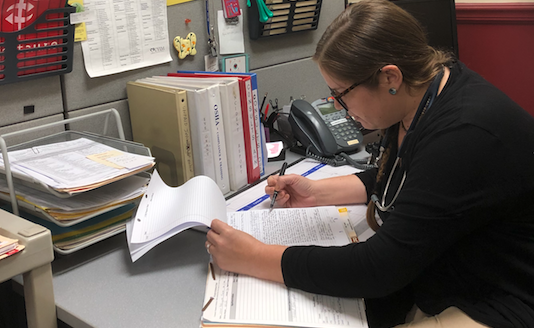
A Day in the Life of PA Faculty and Clinician
Nicole S. Cournoyer, PA-C, faculty member at Thomas Jefferson University, started her career in a community-based oncology office. Teaching patients and family members about disease processes, medications and interventions led to lecturing then teaching full-time at her alma mater.
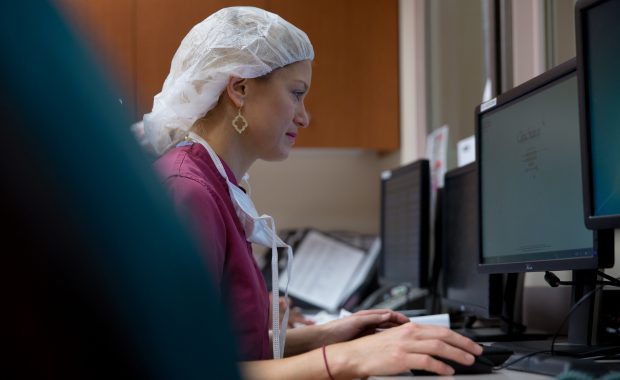
You’ve Been Hacked! Lessons Learned from a Cyber Breach
A small Texas practice’s electronic health records were hacked and held for ransom. For days, while pen and paper kept the practice going, a PA wondered whether she’d face a financial hit from the cyber breach.
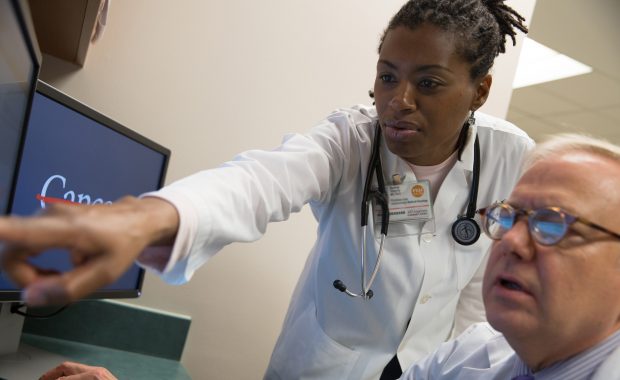
Sponsored
3 Ways PAs Can Advance Their Careers Through Leadership
For PAs looking to grow in their careers, there are also many opportunities to become a true leader in your field — either directly or through thought leadership. Here are three ways to advance in your career and become a leader.

PAs Help Close Gaps in Care Through House Calls
As an in-home healthcare provider, Sarah Kaplan, PA-C, is among a rapidly growing number of medical professionals who are revitalizing the once-common practice of bringing urgent and primary care services directly into the homes of their patients.
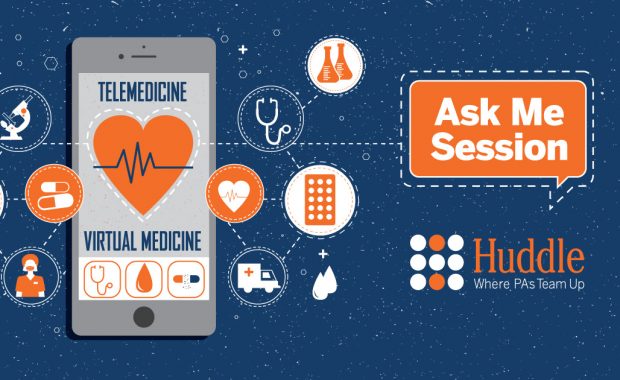
Virtual Health PAs Share Insight to Rapidly Growing Healthcare Space
Huddle’s latest Ask Me session recruited virtual medicine PAs Desmond Watt and Amanda Shelley to engage in field-related discussions with AAPA members. Virtual health, or telemedicine, is an emerging healthcare space that PAs have the opportunity to not only join, but lead.
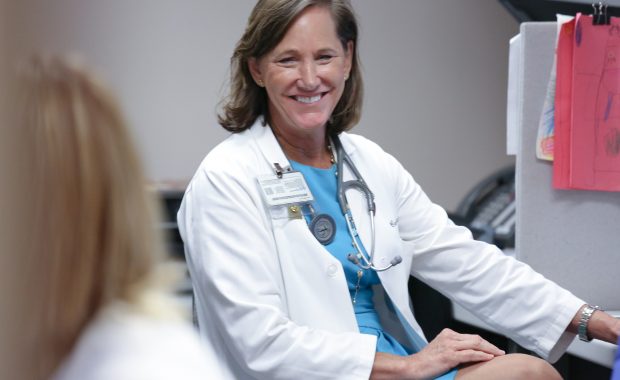
Looking for a Non-Clinical Role? Consider Medical or Clinical Science Liaison
PAs who serve as medical and clinical science liaisons play a unique role in pharmaceutical and other medical organizations. They use their clinical skills to interpret clinical trials, medications’ chemical composition, safety matters, and help to educate clinicians.

